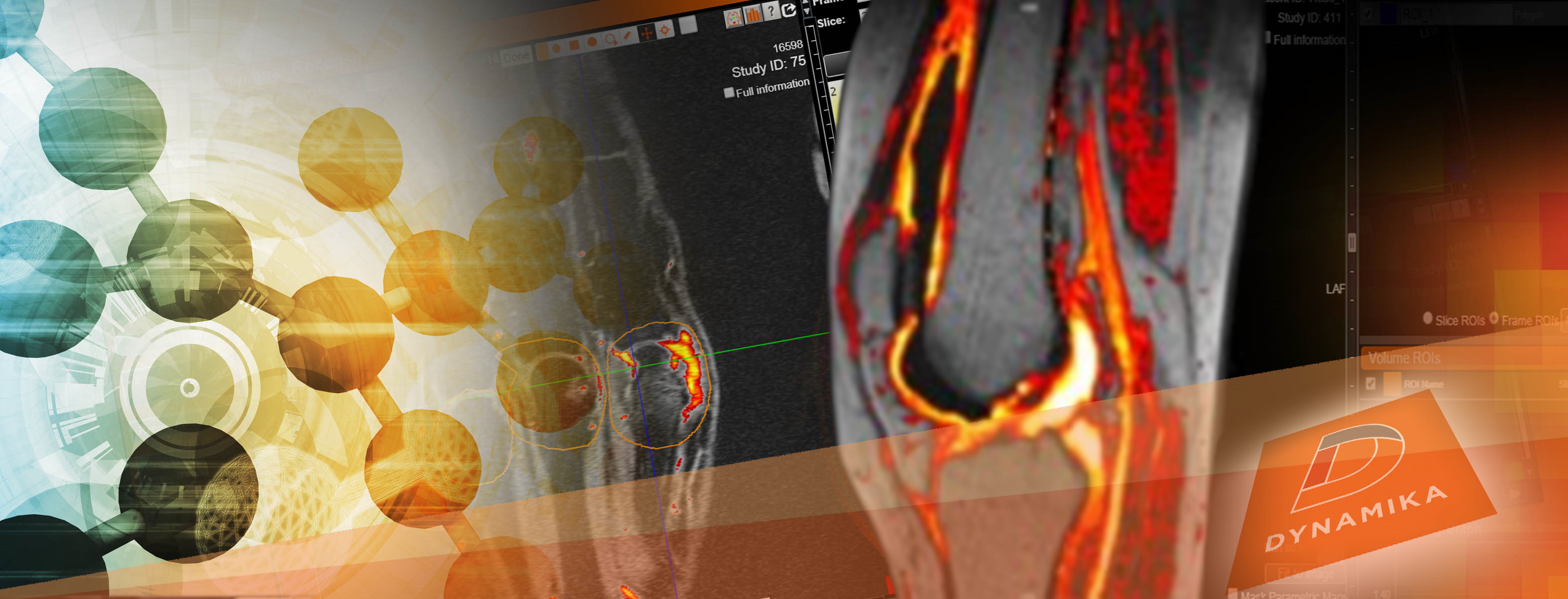Copyright © 2019 The Authors. Published by Elsevier Inc. All rights reserved.
Biochemical Pharmacology. 2019 Jul;37 doi: 10.1016/j.bcp.2019.02.037. Epub 2019 Mar 1.
Abstract
The success of disease-modifying osteoarthritis drug (DMOAD) development is still elusive. While there have been successes in preclinical and early clinical studies, phase 3 clinical trials have failed so far and there is still no approved, widely available DMOAD on the market. The latest research suggests that, among other causes, poor trial outcomes might be explained by the fact that osteoarthritis (OA) is a heterogeneous disease with distinct phenotypes. OA trials might be more successful if they would address and target a specific phenotype. The increasing availability of advanced techniques to detect particular OA characteristics expands the possibilities to distinguish between such potential OA phenotypes. Magnetic resonance imaging is among the key imaging techniques to stratify and monitor patients with changes in bone, cartilage and inflammation. Biochemical markers have mainly used as secondary parameters and could further delineate phenotypes. Moreover, post-hoc analyses of trial data have suggested the existence of distinct pain phenotypes and their relevance in the design of clinical trials. Although ongoing work in the field supports the concept of OA heterogeneity, this has not yet resulted in more effective treatment options. This paper reviews the current knowledge about potential OA phenotypes and suggests that combining patient clinical data, quantitative imaging, biochemical markers and utilizing data-driven approaches in patient selection and efficacy assessment will allow for more successful development of effective DMOADs.


